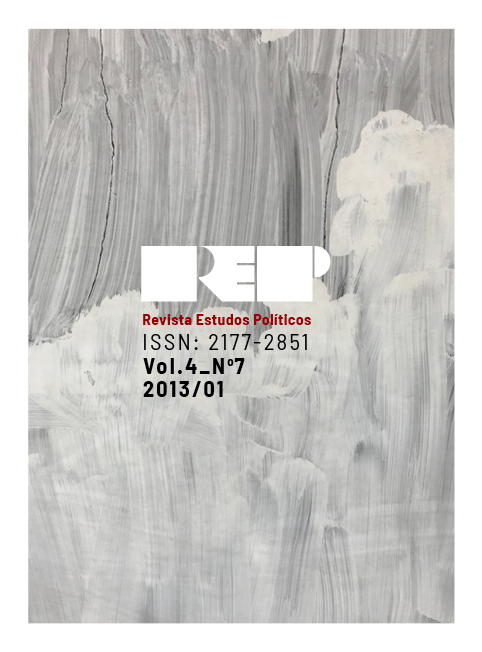The Limits of Politics and the Deflation of Conflicts: Journalism as a Manager of Consensus
DOI:
https://doi.org/10.22409/rep.v4i7.40294Keywords:
Plurality, partisanship, democracy, conflict, consensus.Abstract
This article discusses the political activism of journalism building upon a critical analysis of the effects of the distinction between partisan and professional journalism. Journalism actively expresses a situated political stance or position that is not circumscribed to conjunctures in which it must choose sides or electoral disputes. It is an expression of one part or party in disputes, even when stable political or partisan alignments are inexistent. The notion of impartiality or the capacity to transcend disputes is embedded, and not an alternative, to partisanship. Journalistic activity will correspond to the naturalized expression of an understanding of politics that define the boundaries within which controversy unfolds, the agenda and the actors to be regarded as politically legitimate. By reproducing in newscasts the boundaries of democratic politics in its current configuration, journalism promotes the deflation of fundamental conflicts that are essential to achieve greater political pluralism. At the same time, it positions itself as a “manager of consensus”.Downloads
Downloads
Published
Issue
Section
License
Para submeter um manuscrito, os autores devem realizar o cadastro na plataforma, fornecer os dados solicitados e seguir as orientações recomendadas. Para tanto, será necessário apresentar o número da identidade de pesquisador. Para obtê-lo, é necessário realizar o cadastro na plataforma Open Researcher and Contributor ID (ORCID).
Ao submeter um manuscrito, os autores declaram sua propriedade intelectual sobre o texto e se comprometem com todas as práticas legais relativas à autoria. A submissão implica, ainda, na autorização plena, irrevogável e gratuita de sua publicação na REP, a qual se responsabiliza pela menção da autoria.
A REP tem acesso aberto e não cobra pelo acesso aos artigos.
Orientando-se pelo princípio de que tornar público e disponibilizar gratuitamente o conhecimento científico contribui para a democratização mundial do conhecimento, a REP adota a política de acesso livre e imediato ao seu conteúdo.
No mesmo sentido, a REP utiliza a licença CC-BY, Creative Commons, a qual autoriza que terceiros distribuam, remixem, adaptem e criem a partir do trabalho, inclusive para fins comerciais, desde que se reconheça e torne público o crédito da criação original.
Para mais informações, contatar a editora através do e-mail revistaestudospoliticos@gmail.com


